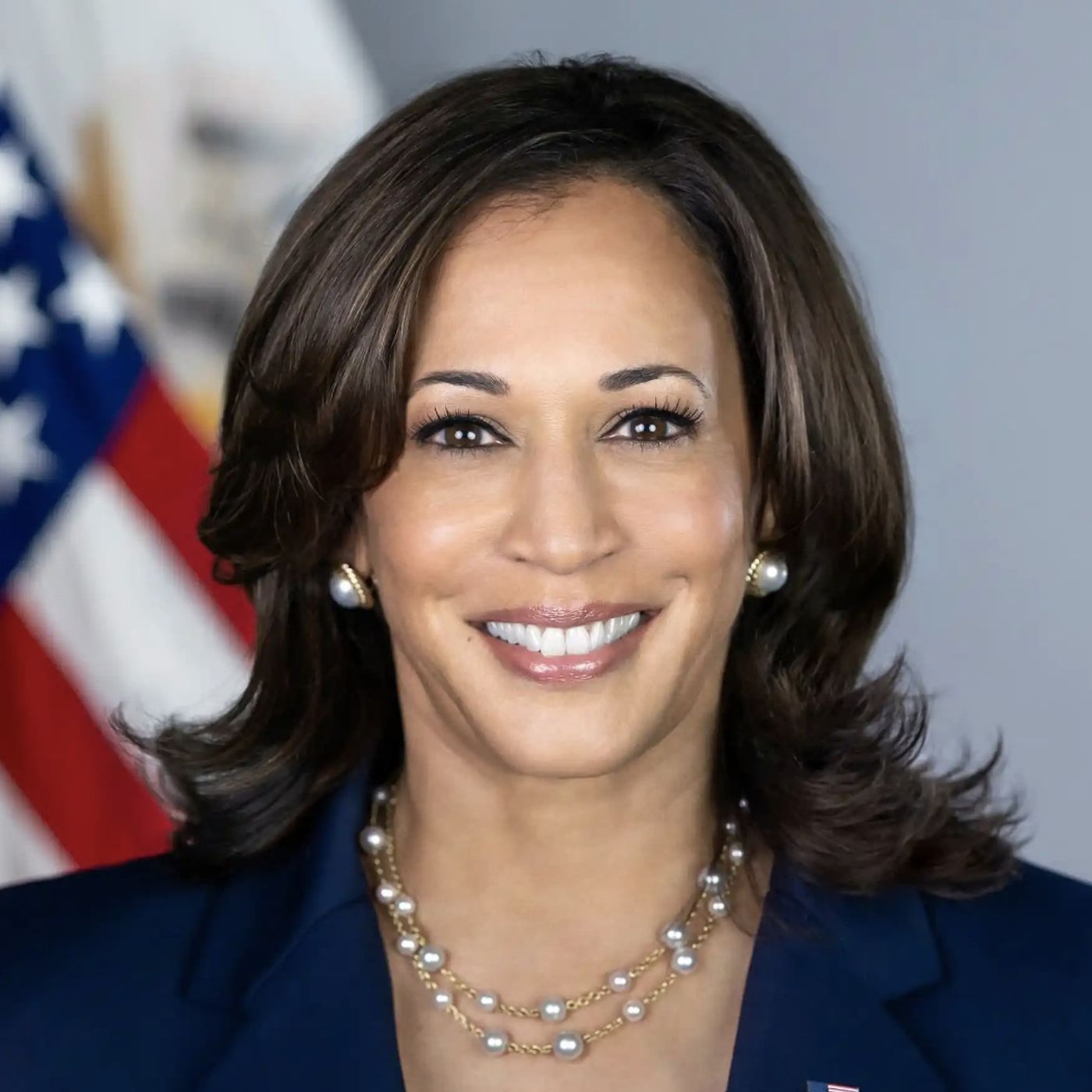Shattering Barriers: Kamala Harris's Quest for Equality in Politics
Description
In the aftermath of Kamala Harris's loss in her political endeavors, a slew of prominent figures has surfaced to attribute her defeat primarily to misogyny within the electorate. Renowned commentators such as Sunny Hostin, Al Sharpton, and Joe Scarborough have argued that voters' biases against female leaders played a decisive role in her downfall. The discussion illuminates a broader societal issue where women in leadership roles still confront deep-seated prejudices.
Misogyny in politics is not a new phenomenon, and Harris's career has often been subject to scrutiny that many argue would differ if she were a man. Her political journey, which included serving as the Attorney General of California and later as a U.S. Senator, has been marked by such challenges. Despite this, Harris broke significant ground as the first female Vice President of the United States, representing a milestone in American politics.
Critics, however, maintain that her failure to secure broader support extends beyond gender biases. They point to various components of her campaign strategy, policy positions, and her interactions with the media and public as integral factors influencing her political performance. It is also noted that the American electoral landscape is complex and multifaceted, with socio-economic, racial, and ideological dynamics influencing voter behavior.
The broader discourse raises questions about the role of gender in politics and how entrenched societal norms influence perceptions of female leaders. It invites an examination of how political strategists can dismantle such biases and effectively communicate a candidate's vision in an increasingly polarized environment.
Harris's experience is a testament to the ongoing challenges faced by women in politics. Despite encountering bias, Harris has shattered significant barriers and remains a powerful symbol of progress. Her journey encourages an ongoing dialogue about representation, inclusivity, and equality in the political arena, urging the electorate and policymakers to address and amend structural prejudices that hinder female participation in leadership roles.
The conversation is not just about Kamala Harris but also about the future of women in politics more broadly. With each setback, there is an opportunity to recalibrate approaches, learn from past critiques, and pave the way for more equitable political engagement. Harris's political career and the discussions it inspires underscore the enduring importance of fighting for a political system that values candidates based on merit and vision rather than gender.
More Episodes
Vice President Kamala Harris, nearing the conclusion of her term, stands at a pivotal point in her career. As she prepares to exit her current role, speculation abounds regarding her next move. Having spent over two decades in public service, her future remains a subject of considerable public...
Published 11/20/24
Published 11/20/24
Vice President Kamala Harris's recent campaign expenditures have captured public attention, sparking conversation on the nature of campaign spending in modern politics. In a high-profile 15-week campaign period, Harris's campaign reported expenditures amounting to approximately $1.6 billion,...
Published 11/18/24


